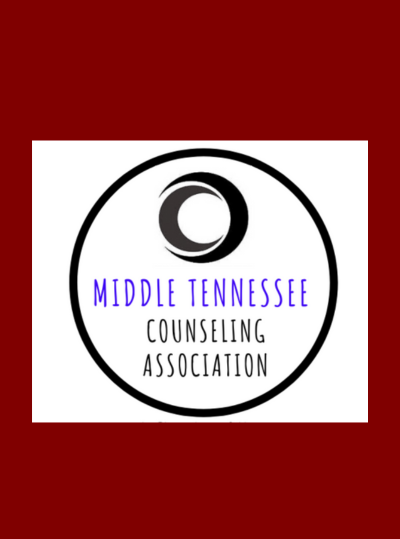Welcome President Brooks
I am honored and excited to introduce myself as the new President of the Tennessee Counseling Association. As we begin this new chapter together, I want to express my deep gratitude for the opportunity to serve such a dedicated and passionate community of professionals.
This year, our focus as a board will center on several key initiatives that I believe will strengthen and sustain our organization for years to come. These include:
-
Updating TCA’s bylaws to ensure they reflect our current needs and support our evolving mission.
-
Hiring a new Executive Director who will lead with vision and energy, building on the foundation of our past successes.
-
Continuing Dr. Carter- Nation's important work in creating a sustainable leadership pipeline—one that reflects the diversity, strength, and talent within our association.
-
Supporting Dr. Murphy in the planning and implementation of our annual conference in November—an event that brings us together to learn, connect, and grow. I encourage all of you to register early and stay at the conference hotel to take full advantage of everything this year’s event has to offer.
I am also personally committed to advocacy—not only for our profession but for the clients and communities we serve. I will continue to support Amanda Gienow in her role as Public Policy Chair and work alongside her to elevate our voice at the state level.
I look forward to working with each of you as we grow TCA’s impact, empower future leaders, and ensure our members feel supported and inspired in their work. Please don’t hesitate to reach out—I value your insights, ideas, and collaboration as we move forward together.
With appreciation and purpose,
Tiffany Brooks, PhD, LPC, ACS, NCC
TCA President 2025 - 2026
Associate Professor, Lindsey Wilson University














